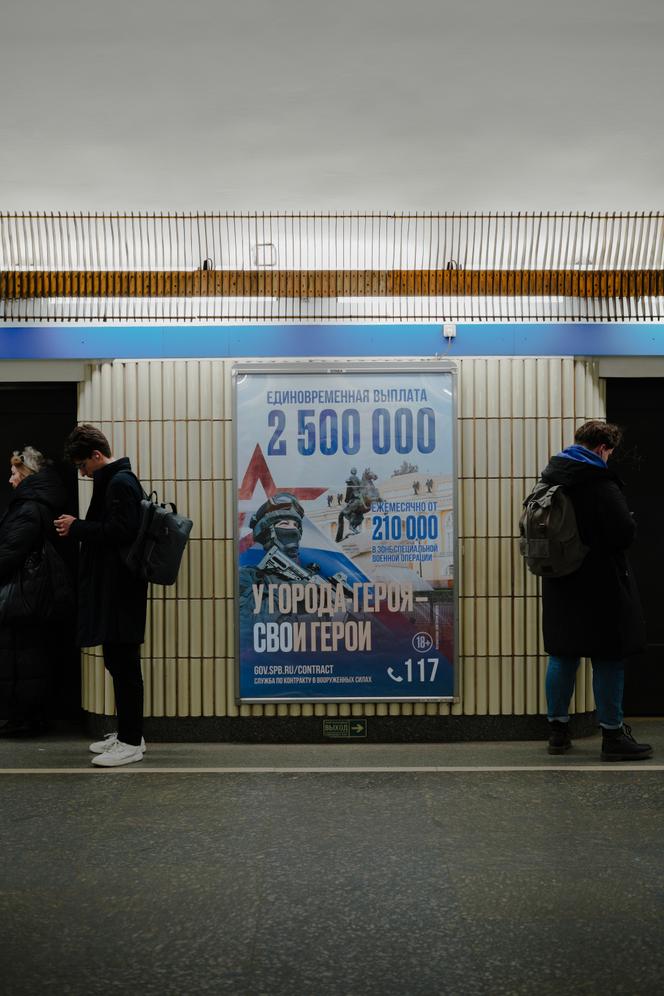


After more than three years of war in Ukraine, the Kremlin has had to face the paradoxical realities of the social mobility that this conflict has generated across the country. "Vladimir Putin's regime, which had not initially anticipated such a long and large-scale war, has managed to turn it into a genuine social elevator for many Russians. However, in the long term, the price to be paid by the federal budget could be steep," said Marlène Laruelle, professor of international affairs at the Institute for European, Russian and Eurasian Studies (IERES) at George Washington University. The French Institute of International Relations (IFRI) published her latest report on the subject on Thursday, June 19: "The Socio-Economic Impact of Russian Military Keynesianism."
The war has partially redressed disparities in wealth, consumption levels and social prestige in Russia by providing financial benefits to peripheral areas, located far from Moscow and other major cities. "From 2022 to 2024, the war was beneficial for deep Russia. What the Kremlin had not been able to achieve in two decades of peace, it managed to get through three years of war: a redistributive effect from the richest regions to the poorest ones," said Laruelle. In the poor regions of Russia, a new middle class has emerged, with salaries and incomes in those remote areas approaching those in the country's wealthy major cities.
You have 77.17% of this article left to read. The rest is for subscribers only.
